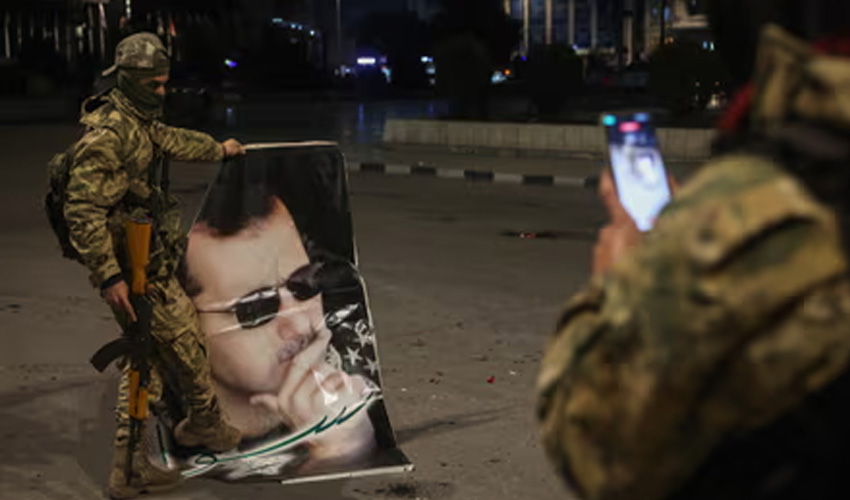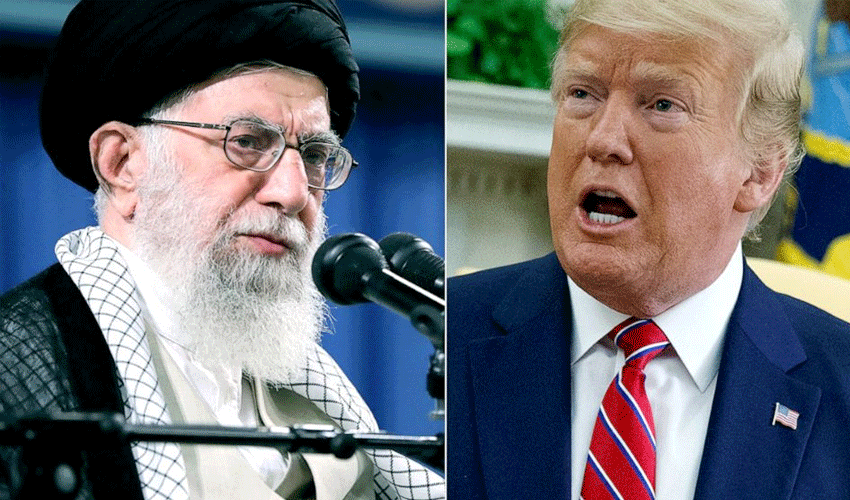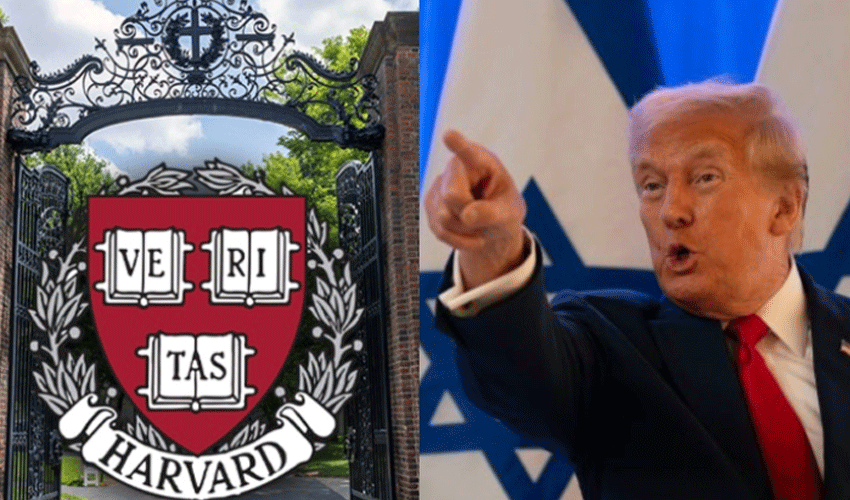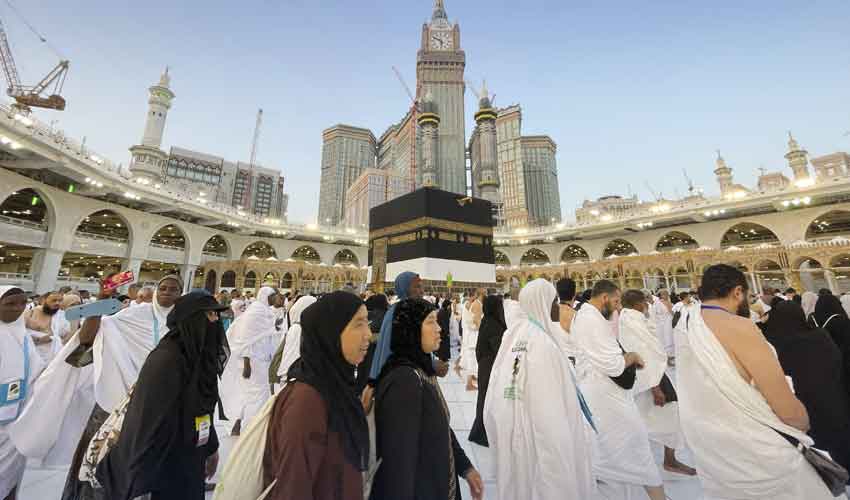Syrian rebels - led by the Islamist group Hayat Tahrir al-Sham (HTS) - launched a significant assault on the city of Aleppo on Saturday, capturing large parts of the city and forcing the Syrian army to redeploy its forces.
The attack represents the most substantial challenge to President Bashar al-Assad’s regime in years, signaling a potential shift in the long-standing conflict that has ravaged the country since 2011.
The Syrian Army reported that dozens of its soldiers had been killed in the offensive, with HTS fighters reportedly seizing control of several key locations, including Aleppo’s airport. The rebels also claimed control over the city of Maraat al-Numan in Idlib province, further consolidating their foothold in northwest Syria. This bold move has raised alarms across the region, where the frontlines had largely remained stagnant since 2020, following a series of ceasefire agreements brokered by Russia and Turkey.
Russia’s Defence Ministry confirmed that its air force had carried out strikes against rebel positions in Aleppo and the surrounding areas to support Assad’s forces. The Russian strikes targeted rebel concentrations, artillery positions, and command posts, with the state-run Russian Centre for the Reconciliation of the Enemy Parties claiming that around 300 rebel fighters had been killed.
In Aleppo, images emerged of rebel fighters celebrating their victory, with one notable scene showing individuals posing next to a toppled statue of Bassil al-Assad, the late brother of President Bashar al-Assad. The capture of such symbolic sites underscores the gravity of the rebels’ gains, which have sparked widespread reactions across Syria and the international community.
Ali Jumaa, a rebel fighter originally displaced from Aleppo in 2016, described the emotional impact of returning to his home city, calling it an "indescribable feeling." His sentiment is shared by many in the opposition, as the city has been under government control since Russia-backed Syrian forces defeated rebel forces there in 2016.
As rebel forces advanced, the Syrian army announced preparations for a counteroffensive, including airstrikes against rebel convoys. A resident of Aleppo’s Basel Square confirmed that one of these airstrikes caused casualties in the city. The Syrian military command stated that the rebel assault, which involved large numbers of fighters attacking from multiple directions, forced the army to redeploy forces in order to reinforce defense lines and protect both civilians and soldiers.
The U.S. National Security Council (NSC) expressed concern over the latest escalation, attributing the current crisis to Syria’s refusal to engage in a political process. NSC spokesperson Sean Savett emphasized that the U.S. had no involvement in the rebel-led offensive, urging de-escalation and a renewed commitment to the political roadmap laid out in the 2015 U.N. Security Council Resolution 2254, which calls for a ceasefire and political transition.
The ongoing conflict, which has resulted in hundreds of thousands of deaths and displaced millions, appears far from resolution despite years of ceasefire negotiations. While Assad, with the backing of Russia and Iran, has regained control of most of Syria’s major cities, rebel-held areas in the northwest remain a critical flashpoint. These regions, including Aleppo, are now witnessing renewed fighting as HTS and other rebel groups exploit perceived weaknesses in Assad’s defences.
The geopolitical implications of the rebel assault are far-reaching, particularly in light of the wider Middle East turmoil. The ongoing conflict in Gaza and tensions in Lebanon, where Hezbollah has engaged in cross-border clashes with Israel, have added to the region’s instability. As Russia continues to back Assad and Iran supports pro-government militias, the situation in northwest Syria risks escalating into a broader confrontation involving international powers.
Russia has promised additional military support to the Syrian government, with extra aid expected to arrive in the coming days. Meanwhile, Turkey, which supports certain opposition groups in the northwest, has expressed concern over the growing instability in Syria. Turkish Foreign Minister Hakan Fidan held discussions with Russian counterparts to address the crisis, with both sides stressing the need for coordinated efforts to stabilize the situation.
Iran, a key ally of Assad, has accused the rebel attacks of being part of an Israeli-U.S. plan to destabilize the region. Tehran’s Foreign Minister Abbas Araqchi voiced strong condemnation of the rebel offensive, blaming external powers for exacerbating the conflict.
In the meantime, Kurdish forces, allied with the U.S.-backed Syrian Democratic Forces (SDF), have also expanded their presence in Aleppo, taking advantage of the government’s weakened position. The Kurdish People’s Protection Units (YPG) have long had a foothold in the city, and their influence is likely to grow as Assad’s forces retreat.



























